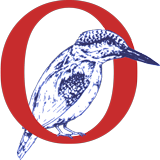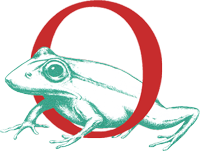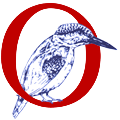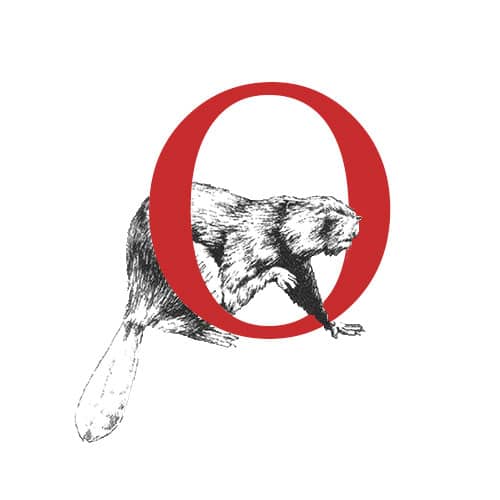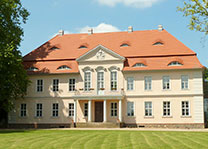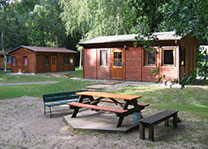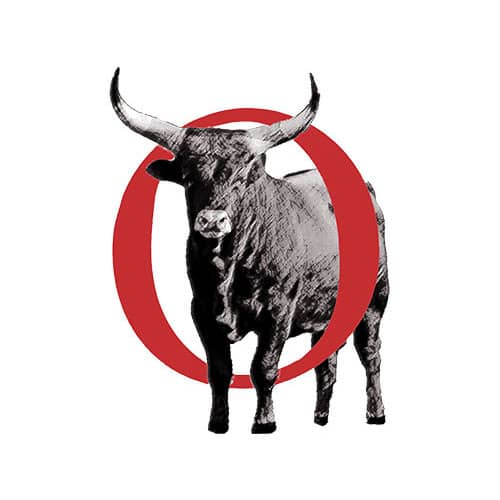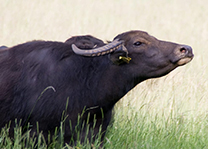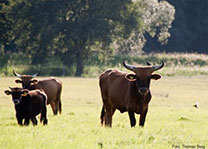New fountains make dry lawns wet (04/17/2012)
The Association of Friends of the German-Polish European National Park Unteres Odertal e. After a long construction period, V. had three new boiler wells completed on the dry grassland near Stützkow and Stolpe as well as a drilling well in Mescherin and handed them over to its agricultural users and tenants. This means that horses, cattle, sheep and goats, with whose help the farmers maintain the dry grass in a nature-friendly manner, receive a decent and inexpensive water supply directly on site. Up until now, the water had to be brought in by tanker, which was costly. The dry grasslands, which are valuable for fauna and above all for flora, can now be used more cost-effectively and economically for farmers. Agriculture and nature conservation benefit equally from this measure, in line with the philosophy of the association.
The construction project, which was also supported by the National Park Administration, was funded by the State Office for Rural Development, Agriculture and Land Management (LELF) with 75% of the total costs of EUR 41,885.71. The National Park Association contributed EUR 10,471.43 and contributed a lot of their own in planning and support. The work was carried out by the companies ZAUNQ GmbH, Harth-Pöllnitz, the well and pipeline construction Hoppe, Albertshof and the BHS Sommer GmbH, Ahrensfelde. As it gradually turned out, the sandy subsoil did not allow drilling wells at all locations, so that the shaft wells had to be created instead. But there is water from both types of wells.
The National Park Association will continue to campaign for successful coöperation projects between nature conservation and agriculture, also together with the responsible administrations.
Thomas Berg
CEO
